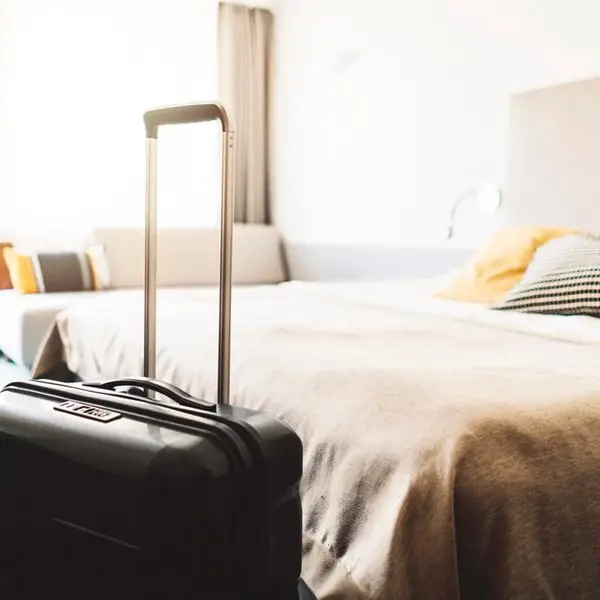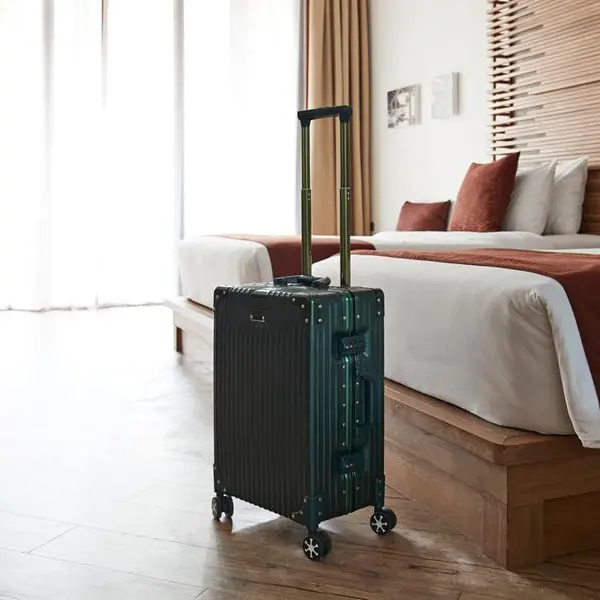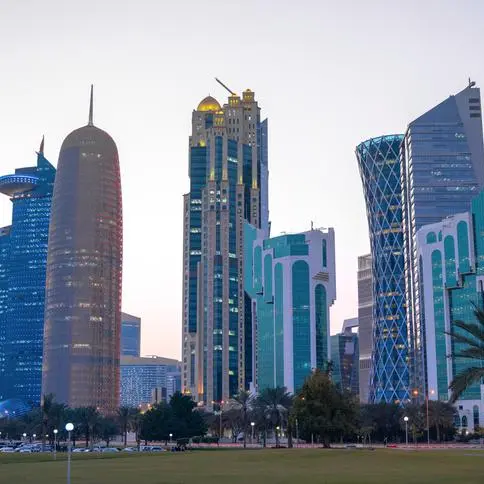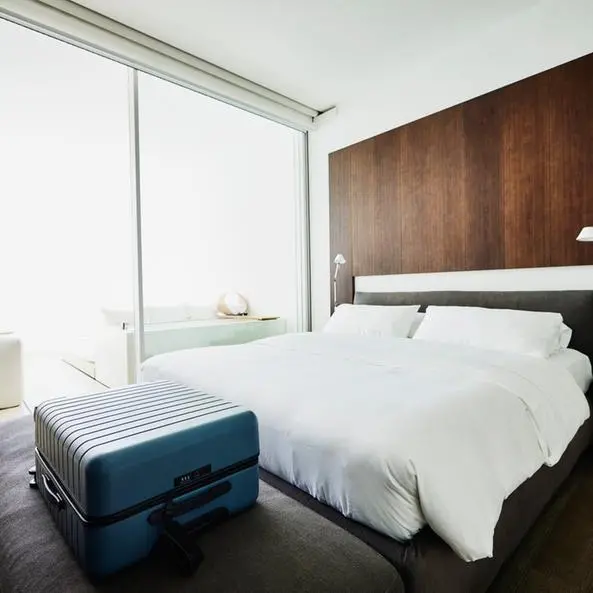PHOTO
Demand for luxury and waterfront properties drove occupancy levels higher in Dubai and Abu Dhabi during the first five months of the year, according to JLL.
However, hotel operators need to be more competitive with their offerings, as the rising inflation and growing strength of the UAE dirham are impacting the purchasing power of consumers, particularly tourists, the real estate consultancy said on Monday.
Between January and May this year, occupancy rates at hotels in Dubai and Abu Dhabi averaged 75 percent and 71 percent, respectively, surpassing the previous year's levels.
"The upswing in performance was driven by luxury resorts and waterfront destinations that remained the preferred choice of guests over other segments," JLL said.
Dubai's total hotel stock increased to 144,000 rooms after the completion of around 500 keys in the second quarter of 2022. An additional 10,000 rooms are scheduled for handover before the end of the year.
In Abu Dhabi, no additional rooms were added to the existing stock in the second quarter, but approximately 700 rooms are likely to be delivered by the end of 2022.
According to Amr El Nady, Head of Hotels and Hospitality MEA and Executive Vice President, Global Hotel Desk at JLL, players in the hotel industry "will need to be competitive" in their offerings as the market matures further.
"This becomes pertinent, especially in light of managing the overall impact of inflation and the growth strength of the UAE dirham on the purchasing power of tourists," El Nady said.
Retail space
As for the retail market, around 333,000 square metres will be completed in Dubai and 203,000 square metres will be completed in Abu Dhabi in the second half of the year.
Rents in Dubai's retail sector continued to soften, with values falling by an average of almost 3% year-on-year, while in Abu Dhabi, rents were stable.
The sector was boosted by "a combination of strong local leisure demand and a bounce back in tourism," JLL said, noting that the food and beverage had outperformed the segment, while luxury and fashion continued to show recovery.
(Reporting by Cleofe Maceda; editing by Seban Scaria)





















